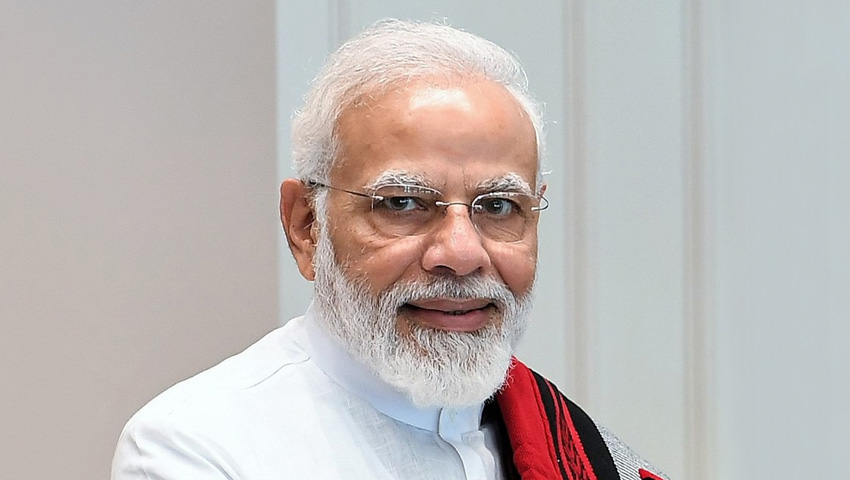Assessing India's new role in supporting regional security efforts in the Indo-Pacific.
Australia’s diplomatic relationship with India has evolved in recent years in the wake of the growing threat posed by China.
Tensions across the Sino-Indian border, among other disputes, have prompted Indian Prime Minister Narendra Modi to revisit relationships with regional neighbours, including Australia, which has itself caught the ire of the Chinese Communist Party (CCP) over the past two years.
The rekindled Quad forum (includes the US and Japan) has enabled Canberra and Delhi to explore new partnership opportunities, opening up lines of communications between the countries.
This new dynamic was put to the test following the announcement of the new AUKUS pact between Australia, the United Kingdom, and the United States.
But according to Prime Minister Scott Morrison, his Indian counterpart gave his blessing.
“[AUKUS] adds greatly, I think, to the Quad partnership [and] that's what it's intended to do,” he said.
“I mean, Australia is engaged in partnerships with many countries, and we see the Quad and the trilateral partnership of AUKUS as being completely complementary, and that's the discussion that Narendra Modi and I have just had.”
Raja Mohan, director of the Institute of South Asian Studies at the National University of Singapore, believes such interactions are a step in the right direction.
He argues drawing India into regional security arrangements is “necessary to construct a balanced Asia”.
And India is ready to oblige.
“India appreciates the strengthening of regional deterrent capabilities to limit China’s maritime assertiveness,” he writes in a piece published by the Centre for Independent Studies.
“While India has neither applauded or condemned AUKUS, there is no denying that the trilateral alliance widens Canberra’s options. Delhi has no quarrel with that.
“In the past, Delhi and Canberra deferred to the sensitivities of Beijing and were willing to impose constraints on their own policy options — but after 2020, neither is prepared to cede a veto over their security policies to Beijing.”
Mohan says India is seeking a “multipolar Asia”, set up to limit Chinese unilateralism.
“Delhi too sees the involvement of Britain and Europe as necessary to correct the imbalance of power in Asia triggered by the rise and assertion of China,” he continues.
“India under Modi has begun to shed its traditional allergy to the Anglosphere and is eager for more wide-ranging cooperation with its constituent parts.”
The analyst stresses neither Delhi nor Canberra can be compelled to “accept deference to Beijing”.
“Both have a stake in a multipolar Asia that can only be sustained today with the presence of the US and the involvement of Britain and Europe,” Mohan adds.
Mohan claims India possesses the capacity and political will to strengthen the regional dimension of the Asian balance of power over the longer-term.
“In the past, India’s collaboration with the West was under the aegis of empire with little agency for its nationalist elite,” he writes.
“India today comes to the Quad as a power in its own right and with political agency to shape the regional balance of power.”
Get involved with the discussion and let us know your thoughts on Australia’s future role and position in the Indo-Pacific region and what you would like to see from Australia's political leaders in terms of partisan and bipartisan agenda setting in the comments section below, or get in touch with


